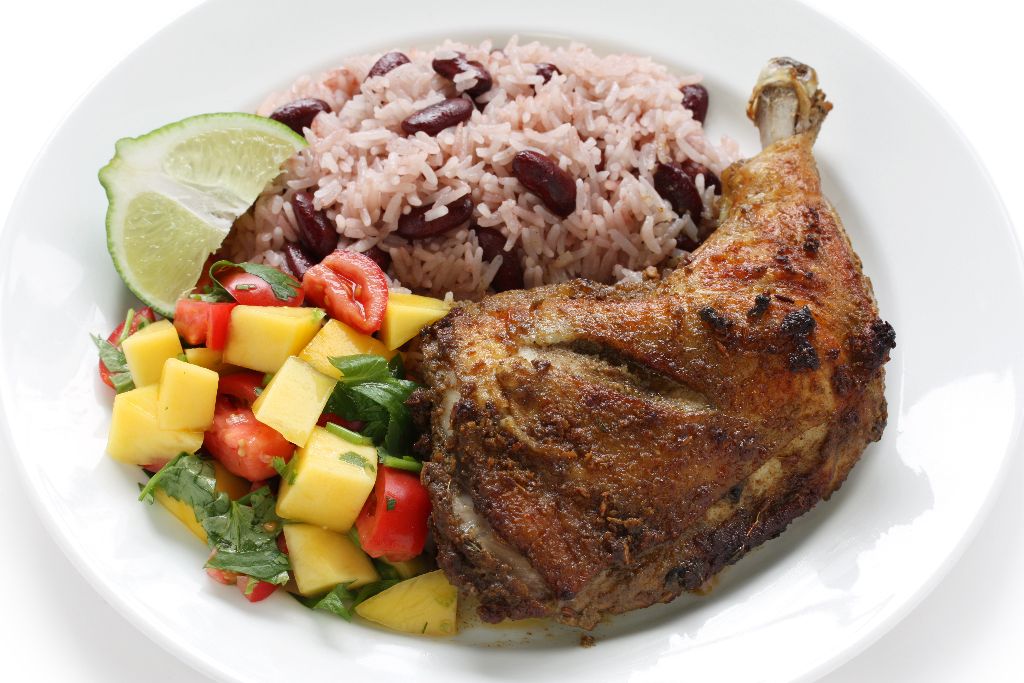

The nice thing about travel is that you get to try different cuisines and eating experiences: enjoying tapas in the open air, freshly grilled seafood at a beach bar or even dried strips of reindeer meat while wrapped up warm in Lapland is all part of the excitement.
However, if you’ve just started a healthy diet, or are vegetarian, vegan or gluten free, staring at another plate of limp side salad while everyone else tucks in can make your heart sink. It’s not impossible though, and there’s no need to abandon all your good intentions for the sake of a good holiday.
On the airplane:
Being stuck sitting down for hours with only the wander down the isle for exercise is, of course, not ideal in terms of health in the first place, but if you pack some food with you on your carry on, you can avoid the single packet of salty peanuts or the high carb meals usually offered. You can’t bring liquid or gels above 100ml, but packets of natural, unsalted nuts are a portable and high protein way to satisfy hunger, fruit like bananas (make sure you don’t squash them!) and drink lots of water. Avoid alcohol as it’s high calorie and dehydrating.
On the road:
Similar rules apply, but you don’t have to limit yourself so much as to the quantities of food you bring and you can pack as much liquid as you like. So if you’re a fan of smoothies or green juice for packing in the nutrients make a couple up before you go. Fill a cooler with raw vegetables, fruit and home made sandwiches, and if you’re travelling for more than a day, pull over at grocery stores to re-stock. You can take a small sharp knife, vegetable peeler and chopping board with you to prepare simple salads in hotel rooms over night. Vegans can bring their own soya milk and essentials like this too. Never again will you be forced into a drive through!
When you arrive:
If you can’t get an apartment with a kitchen, it’s not too hard to improvise meals as above with a minimum of kitchen equipment and small amount of groceries to make delicious salads. Look for local fresh food markets, as they will often sell cheaper, fresher fruit and vegetables than a supermarket. You will find that in some areas, like Cuba, locals will approach you and invite you into their home for a meal (at a price). Don’t be afraid to turn them down, but if you accept you can tell then what you’d like to eat – and what you want them to leave out. You will most likely end up sampling some wonderful home cooking much more inexpensively than a restaurant. The advantage is that you also get an insight into local ways of living, and may make some good friends!
Don’t forget that in some locations tap water needs to be boiled before drinking, and raw vegetables may not be safe to eat. In these cases choose cooked vegetables and make sure they are served piping hot. There’s no point choosing a healthy salad that gives you a most unhealthy stomach upset. But in general, a little bit of planning ahead and willingness to explore a bit will ensure you have a great holiday without sacrificing healthy food!






